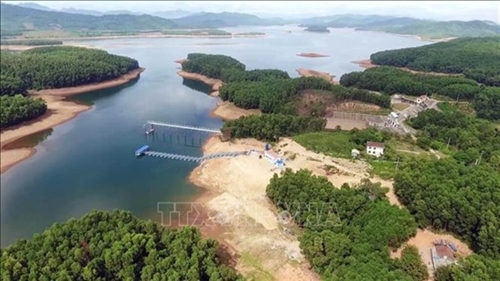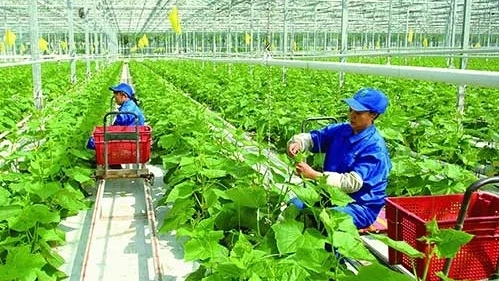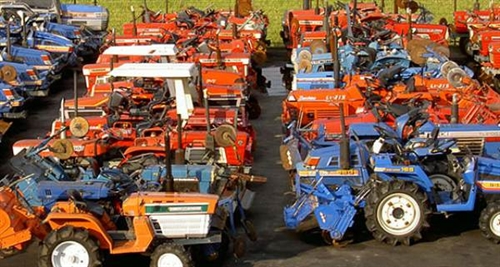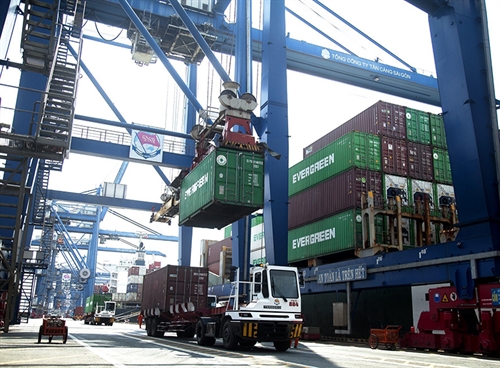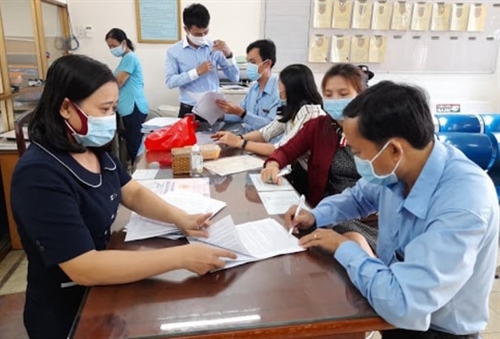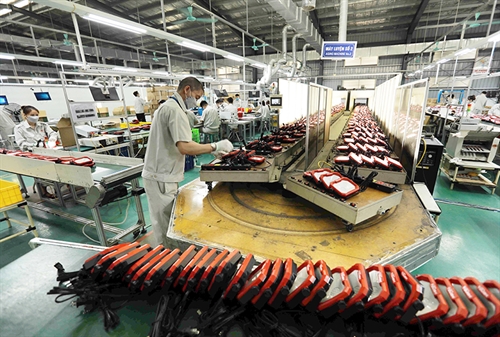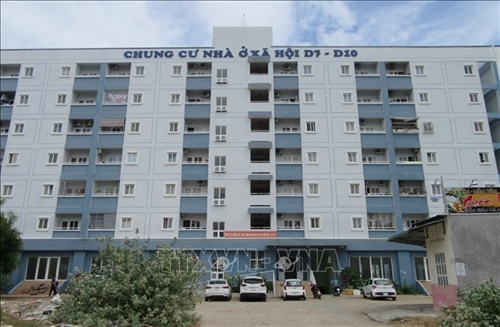By 2030, the country will have 140,000 cooperative groups with 2 million members, 45,000 cooperatives with eight million members, and 340 unions of cooperatives with some 1,700 members.
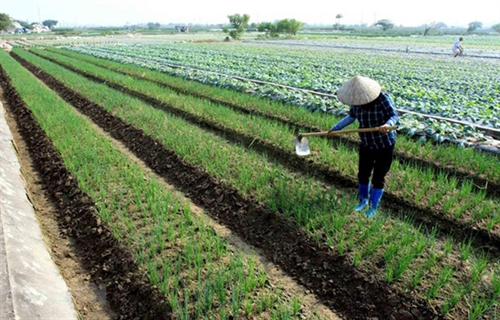 |
| A winter crop field in Quynh Phu district, Thai Binh province__Photo: The Duyet/VNA |
Such is provided under Government Resolution 09/NQ-CP dated February 2, on the Government’s action program to implement Resolution 20-NQ/TW of the 5th plenum of the 13th Party Central Committee, on further renewal, development and enhancement of efficiency of the collective economy in the new period.
At the same time, Resolution 09 sets the targets that the whole country will have at least half of total cooperatives joining value chains, with 5,000 of them applying high technologies to agricultural production, developing value chains for farm produce linked with their production, processing and sale activities, and joining supply chains for exporting their products directly to foreign countries.
By 2045, it is expected that at least 20 percent of the population will be members of cooperatives, over 90 percent of cooperatives will efficiently operate, and 75 percent of them will be involved in value chains.
Meanwhile, there will be at least three cooperative unions ranked among top 300 largest cooperatives in the world by the International Cooperative Alliance (ICA), all collective economic organizations will apply technologies, particularly digital transformation in their production and service provision, and the percentage of female managers of collectives and collective unions will reach 30 percent.
To achieve the above targets, the Government requests ministries, sectors and localities to be fully aware of the position, role and importance of the collective economy in the socialist-oriented market economy; and continue to improve mechanisms and policies to promote the development of the collective economy.
They are also tasked to improve the effectiveness of the state management of the collective economy, build a centralized, unified and transparent state management apparatus for directing and administering the collective economy from the central to local levels, and develop a pool of qualified officials and civil servants for performing the task of state management and supporting the development of the collective economy.
Meanwhile, it is also vital to strengthen the leadership of the Party and bring into full play the role of the Vietnam Fatherland Front, socio-political organizations, socio-professional organizations and the Vietnam Cooperative Alliance in development of the collective economy.- (VLLF)

